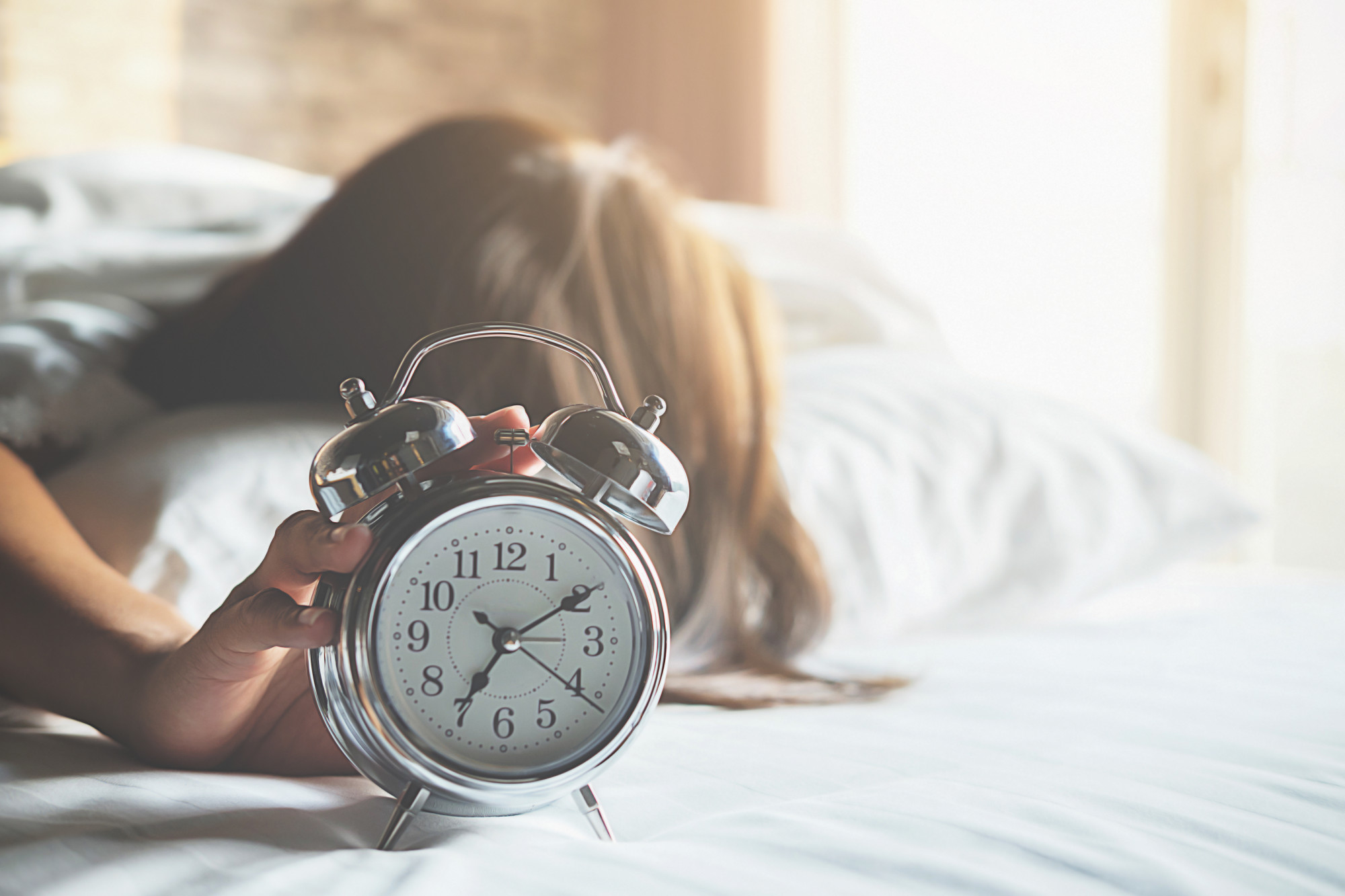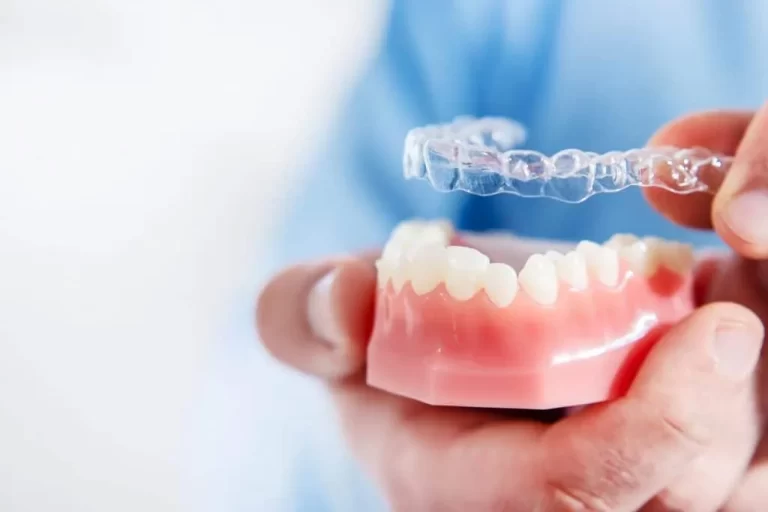How to Develop Healthy Sleep Habits: 7 Tips for Better Sleep
In the United States, 35% of the population gets less than the suggested amount of seven hours of sleep per night. That begs the question: how can we develop healthy sleep habits for a better night’s rest?
Learning the best ways to sleep is vital to ensure you’re not missing out on z’s. Perhaps you thought that not needing sleep was a good thing, but that’s not true at all.
If you’re worried that your lack of sleep is catching up to you, then you’ve come to the right place! Keep reading for the seven tried-and-true methods for improving your sleep quality!
1. Understand Your Sleep Needs
It’s vital to understand your personal sleep needs to develop healthy sleep habits. Everyone needs different amounts of sleep and different types of sleep.
Pay attention to how you feel after a night’s sleep. Also, know how your body responds to different types of activities throughout the day.
If you experience daytime fatigue, it’s possible that you’re not getting enough sleep. Identify what time of day you feel best and most alert. And then try to maintain a consistent bedtime and wake time each day.
2. Find the Right Bedtime Routine
It’s crucial to remember that consistency and realism are keys to a perfect routine. Start by getting plenty of exposure to natural light during the day. It will help regulate your internal clock.
Find a consistent time to go to bed every day. Whether that’s ten or two in the morning, try to stick to that time as best as possible. Going to bed and waking up at the same time every day helps the body’s natural circadian rhythm stay regular. It
Fulfill all daily needs before the wind-down period. That could include meal times, any physical activity, and self-care. Integrating these simple steps can help you find an ideal routine that’s perfect for you.
3. Create an Ideal Sleep Environment
Creating an ideal sleep environment is critical to developing healthy sleep habits. Firstly, choose a comfortable mattress and bedding. Invest in a mattress that matches your preferred sleeping position.
Try to cut your exposure to allergens such as dust and pet dander. Dimming the lighting and adjusting the room temperature can also aid sleep. You can also consider adding sleep machines to improve the environment.
Sleep machines are designed to help you get a better night’s rest. They provide soothing sounds like white noise and rain to help you relax and fall asleep faster. They also have features that enable you to customize sound to your preferences.
White noise machines provide soothing background noises that can improve sleep quality. Alarm clocks and light therapy use natural light to affect melatonin production. It helps to regulate sleep/wake cycles.
Essential oil diffusers can also help with relaxation and sleep. Finally, a sound machine can soothe with lullabies and other soothing sounds.
You can use a CPAP machine device if you suffer from sleep apnea. It stands for Continuous Positive Airway Pressure, used to treat sleep apnea. It consists of a mask worn over the nose, which delivers air at a constant pressure and maintains an open airway.
With so many options of devices out there, it’s essential to evaluate each option to find the perfect fit for you. Research features and check CPAP machine comparisons to find the best match.
4. Limit Screen Time Before Bed
Limiting screen time to at least an hour before bed is best. This is due to the high levels of blue light emitted from electronic devices.
It can stimulate the brain and impact sleep patterns. Instead, wind down, read a book, and have a warm shower in the hour leading up to bedtime.
5. Avoid Consuming Caffeine Before Sleep
Consuming caffeine before sleep is one habit that can hurt our sleep quality. Caffeine is a stimulant and can remain in our system for up to 8 hours after consumption.
Known to interrupt sleep patterns, it makes it harder to fall asleep and stay asleep. Avoid caffeine several hours before bedtime to ensure our bodies get the needed rest. It would also be best to avoid cigarettes and energy drinks as they produce the same effects as caffeine.
6. Exercise Regularly
Exercising can go a long way in developing healthy sleep habits. The endorphins released after a workout will leave you feeling relaxed and ready for a good night’s rest.
Exercise also helps keep your circadian rhythm in balance. Meaning it can be easier to fall asleep at night and wake up at the same time each day.
Try to exercise at least 30 minutes per day. First, lower back exercises can help ease stiffness, inhibiting sleep quality. Second, stretching, including neck, shoulder, and hip stretches, allow for a deeper sleep.
Third, pilates and other mindful practices help increase mindfulness contributing to good sleep. Make sure to avoid any strenuous activity before bed, as it could keep you awake. Schedule regular breaks for fresh air to get your blood flowing and clear your head.
7. Manage Stress Levels
The ability to manage your stress levels is paramount if you want to achieve a good night’s sleep. Stress can damage sleep and have long-term physical and mental health implications.
To reduce stress and get better sleep, take time to relax and recharge. Practice proper stress management skills and adhere to a consistent sleep schedule.
Activities like reading, listening to music, and practicing yoga can reduce stress. Meditation, spending time outdoors, and other similar pursuits can also help promote relaxation.
You can also practice stress management skills. This includes positive self-talk and alternating between deep breathing and muscle relaxation.
Healthy Sleep Habits to Improve Your Quality of Life
Getting a good night’s sleep is essential to your quality of life. You can develop healthy sleep habits by following the tips above.
Take the time to create an environment and routine conducive to relaxation. It can ensure you get the rest you need to stay healthy. Give it a try, and start sleeping better tonight!
Are you looking for more ways to improve your life and health? We have you covered! Take a moment to browse our recently-updated blog and discover more helpful ideas.






